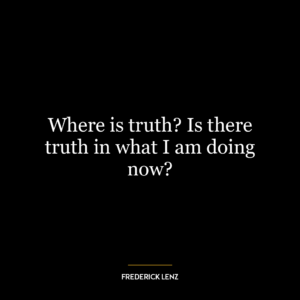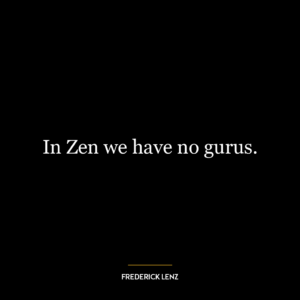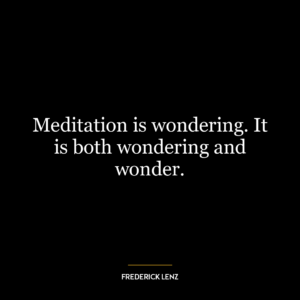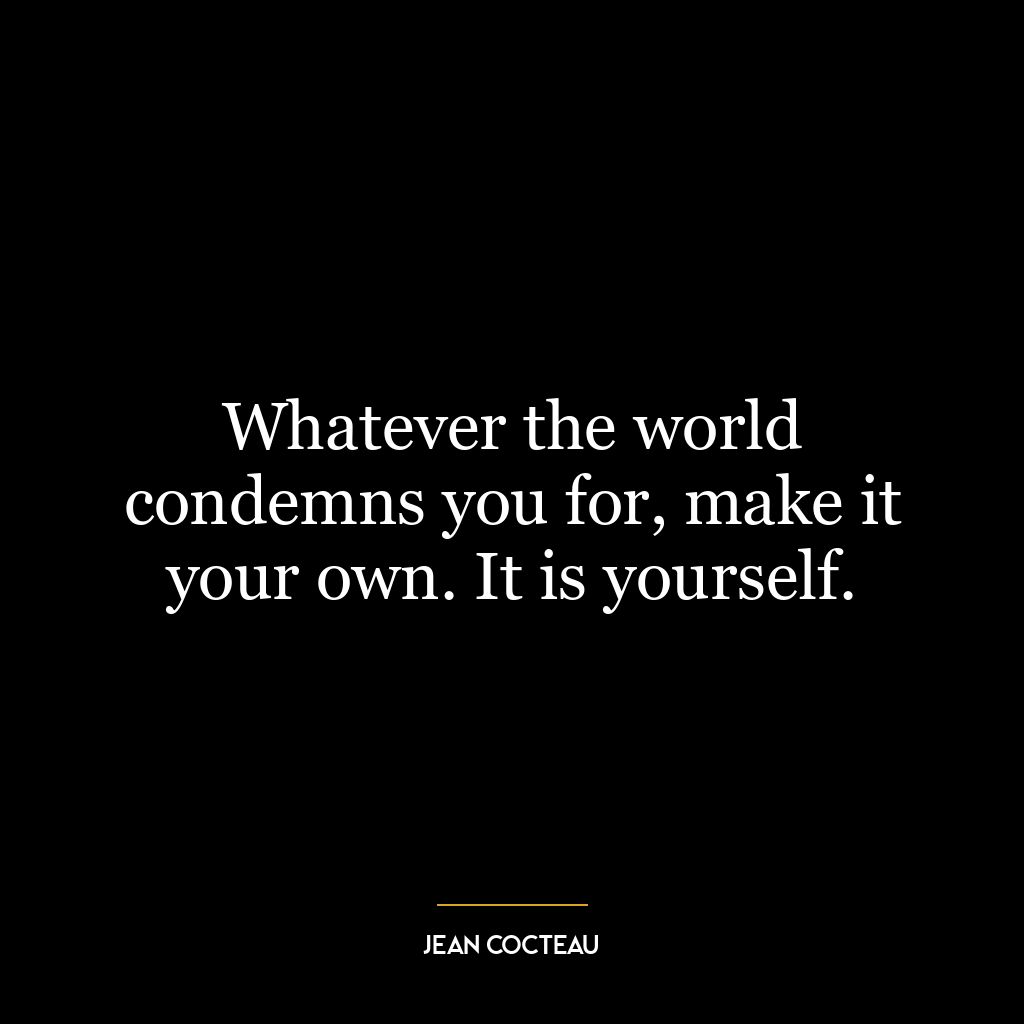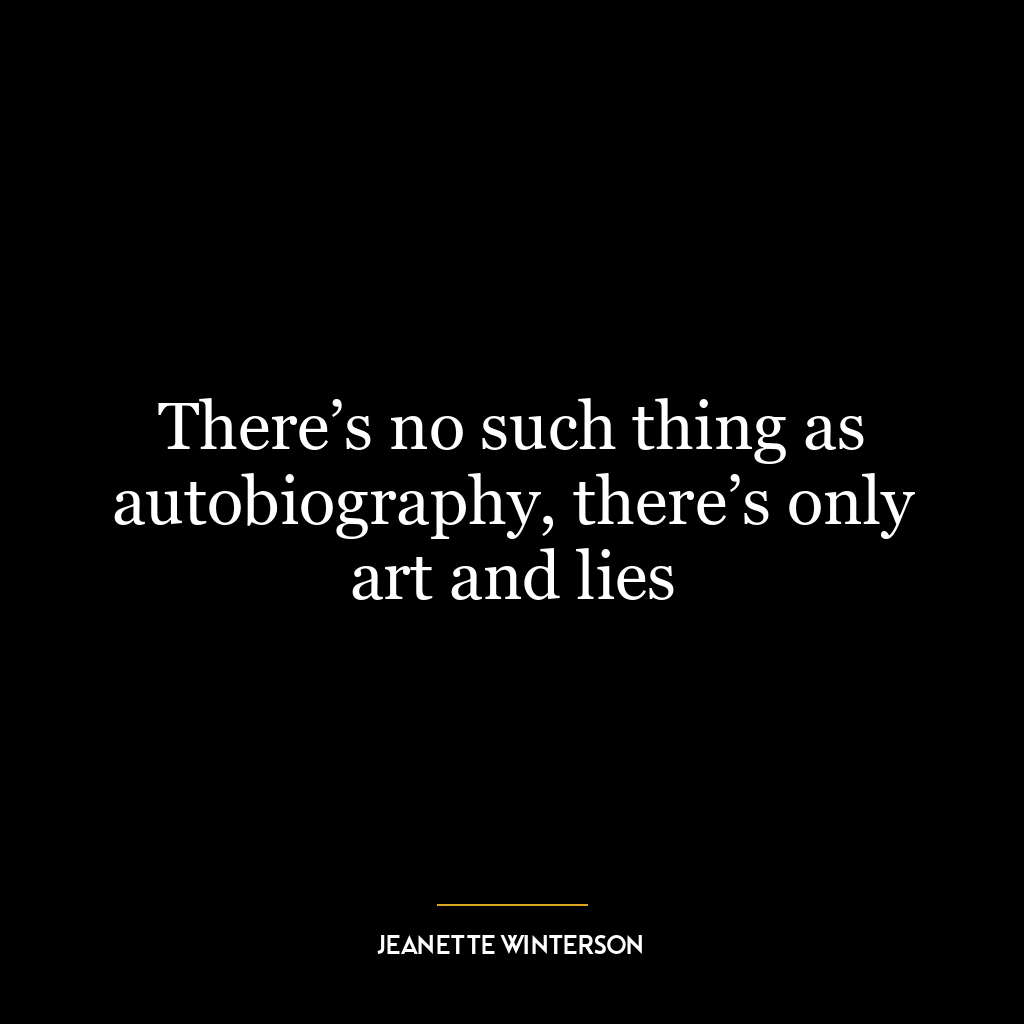The quote “We have to constantly ask ourselves: ‘Who am I?'” prompts us to engage in a continuous process of self-reflection and self-understanding. It suggests that our identity is not fixed or static, but rather, it’s a dynamic concept that evolves over time as we grow, learn, and experience new things. As such, we should never stop questioning and trying to understand who we are at our core.
The question “Who am I?” is not merely about our names, professions, or social roles. It delves deeper, probing into our values, beliefs, passions, dreams, fears, strengths, and weaknesses. It’s about understanding our emotional, psychological, and spiritual makeup. It’s about discovering our authentic selves beneath the layers of societal expectations and self-imposed limitations.
In today’s fast-paced, highly connected world, it’s easy to lose sight of our true selves. We often define ourselves by external factors such as our jobs, our relationships, or our possessions. We may also be swayed by societal pressures to conform to certain norms or ideals. But by constantly asking ourselves “Who am I?”, we can resist these pressures and stay true to our unique selves. We can align our actions with our values and live more authentic, fulfilling lives.
This quote is also highly relevant in the context of personal development. Self-awareness is the first step towards self-improvement. By understanding who we are, we can identify areas of growth and set meaningful goals. We can make better decisions, build healthier relationships, and lead happier, more balanced lives. Furthermore, by asking ourselves “Who am I?” we can cultivate a sense of purpose and direction, which are key elements of personal growth and fulfillment.
In conclusion, this quote is a powerful reminder of the importance of self-reflection and self-understanding in our lives. Whether we’re seeking personal growth, authenticity, or fulfillment, we must start by asking ourselves the fundamental question: “Who am I



